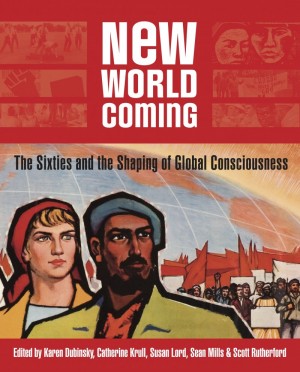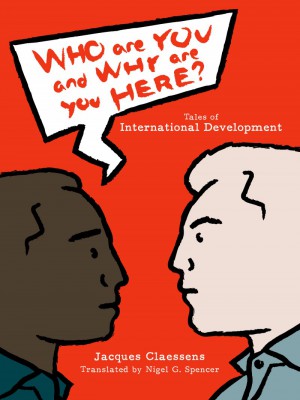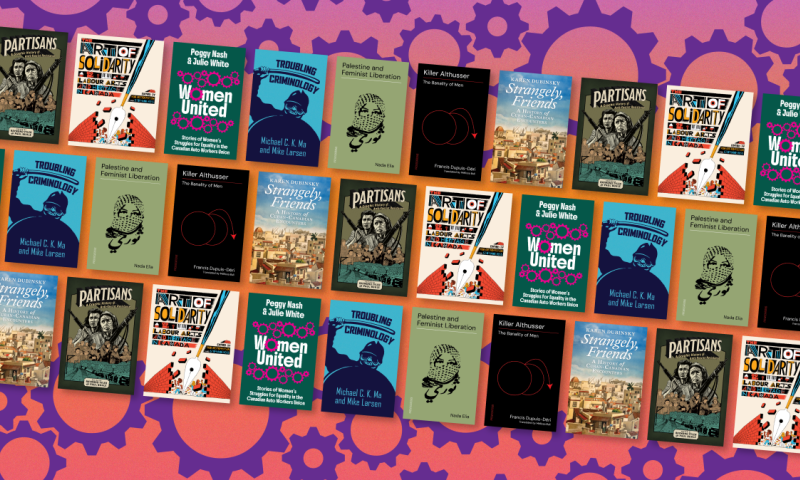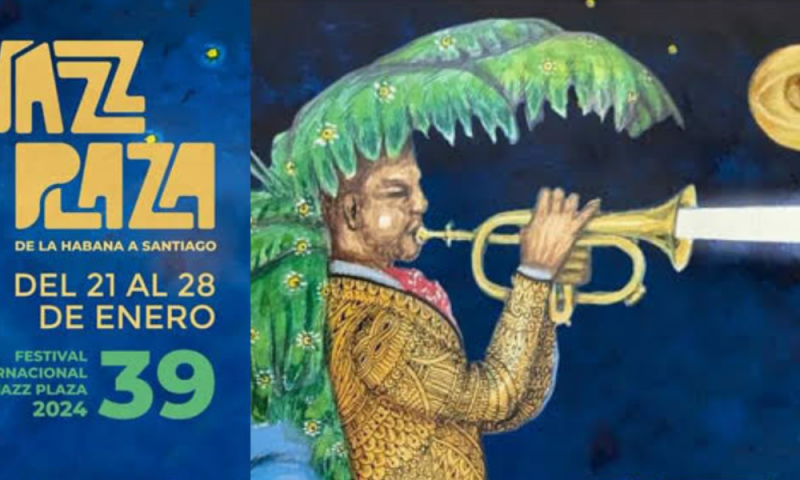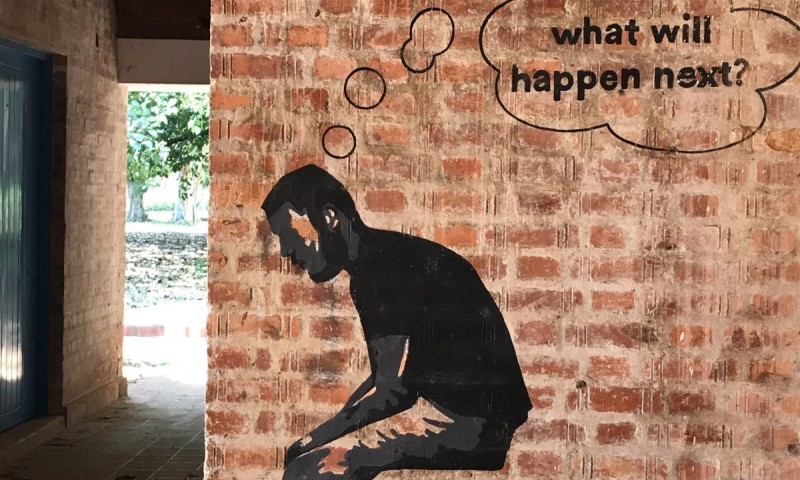
Strangely, Friends
A History of Cuban-Canadian Encounters
Strangely, Friends delves into the rich, often overlooked history of personal and cultural connections between Cubans and Canadians. From the early days of the Cuban Revolution to the present, this book uncovers the stories of Canadians who were drawn to Cuba—teachers, artists, development aid workers, filmmakers, and activists—who left an indelible mark on the island, and Cubans, especially the musicians, who found a home in Canada. Through intimate portraits and serendipitous encounters, Karen Dubinsky explores how these relationships transcended political ideologies and state policies, revealing a shared humanity that defies borders. From the classrooms of Havana to the jazz clubs of Toronto, this book captures the enduring bonds forged through music, education, and mutual curiosity, offering a fresh perspective on the power of people-to-people connections.
Praise
“In Strangely, Friends, Karen Dubinsky masterfully weaves together the intimate and intricate stories that define the relationship between Cubans and Canadians. From teachers and musicians to politicians and everyday people, the book reveals the profound connections that have existed for generations. Dubinsky’s love and devotion for Cuba contributes to the intricate ecosystem of our two nations’ relationship, challenging the notion of distance and highlighting how deeply intertwined our cultures truly are. Strangely, Friends is a must-read for anyone seeking to understand the richness, complexity, and shared humanity that binds Cuba and Canada together.”
– Elizabeth Rodriguez and Magdelys Savigne of OKAN
“While Canada’s friendly diplomatic relations with post-revolution Cuba are well known, far less attention has been paid to the personal interactions and relationships between citizens of the two countries. Drawing on her exceptional expertise as a historian and interviewer, Dubinsky takes readers beyond the realm of state politics and career politicians to reveal the complex, messy, and at times deeply moving friendships that have developed between everyday Cubans and Canadians over the better part of a century.”
– Sean Bellaviti, author of Música Típica: Cumbia and the Rise of Musical Nationalism in Panama
“Strangely, Friends is a delight. Drawing on extensive interviews, Karen Dubinsky explores the friendships and affective bonds among ordinary and extraordinary people living the complexities of the post-1959 Canada-Cuba relationship. Sometimes conflicted, often surprising, and always fascinating, these people-to-people encounters have often been cited by scholars of Canada-Cuba relations but rarely explored through such a range of rich examples both historical and contemporary.”
– Cynthia Wright, coeditor of Other Diplomacies, Other Ties: Cuba and Canada in the Shadow of the US
“Drawing on a broad knowledge of literature on Cuban society as well as sustained archival work and extensive personal interviews, Karen Dubinsky documents countless unexplored personal connections established between Cubans and Canadians in both countries. She includes historical and contemporary case studies involving scientists, aid workers, tourists, translators, medical specialists, and musicians. Dubinsky’s research makes a unique and original contribution to scholarship and underscores the complex intersections between personal friendships, individual interactions, and broader social and political realities.”
– Robin D. Moore, Endowed Chair in Music History, University of Texas at Austin
“With characteristic attention to nuance and empathy, Karen Dubinsky has written a multilayered, deeply human portrait of Canadian-Cuban relations, from the 1960s to the present. Strangely, Friends takes us beyond the echelons of high politics, the stereotypes of the tourist circuit, or the continuing polarities and either/or positions derived from Cuba’s long Cold War agonies. There is an abundance of literature on US people-to-people ties to and conflicts with Cuba. Dubinsky reminds us, and particularly US readers like me, of the importance of examining other bidirectional axes of exchange.”
– Michael J. Bustamante, Emilio Bacardí Moreau Chair in Cuban and Cuban American Studies, University of Miami
“Strangely, Friends is a wonderful affirmation of the human experience and the authenticity that exists at the core of the Cuban-Canadian history of friendship. Karen Dubinsky’s book brings empathy to our understanding of history, where the contributions of many offer a rich cultural legacy of truth and solidarity.”
– Ricardo Acosta, film editor, script consultant, member of the Academy of Motion Picture Arts and Sciences, and the Canadian Cinema Editors
“Strangely, Friends: A History of Cuban-Canadian Encounters offers a rich portrait of the many connections among Cubans and Canadians. This important addition to the literature on the relationship between the peoples of the two countries will be much appreciated by students and scholars from a wide range of disciplines including history, Latin American studies, political science, cultural studies, music, education, and others. Dubinsky’s accessible and engaging writing style will also ensure that anyone picking up this book will be captivated by its vivid stories of personal experiences and encounters.”
– Lana Wylie, author of Perceptions of Cuba: Canadian and American Policies in Comparative Perspective; coeditor of Other Diplomacies and Canada: Representations and Relationships Beyond the State
Contents
| Acknowledgements | |
| Introduction | Friends of Convenience? |
| Chapter One | “Cubanized,” Internationalistas, and the Curious: Some Portraits of Canadians in Cuba |
| Chapter Two | CUSO’s Técnicos: Canadian Development Comes to Cuba in the 1970s |
| Chapter Three | After the Crisis: NGOs, Skateboards, and Hospital Equipment |
| Chapter Four | What Do Cubans and Canadians Actually Know About Each Other?: Educational Exchanges, Research, and Teaching |
| Chapter Five | Cuban Music in Canada: An Extremely Partial Introduction |
| Chapter Six | Making Music, Making Meaning: What Do Cuban-Canadian Musical Exchanges Do? |
| Conclusion | Harry Tanner’s Legacy |
| Notes | |
| Select Bibliography | |
| Index |
Extras
Upcoming Events
- November 28, 2025, 7:00pm
Strangely, Friends: Thunder Bay Launch


